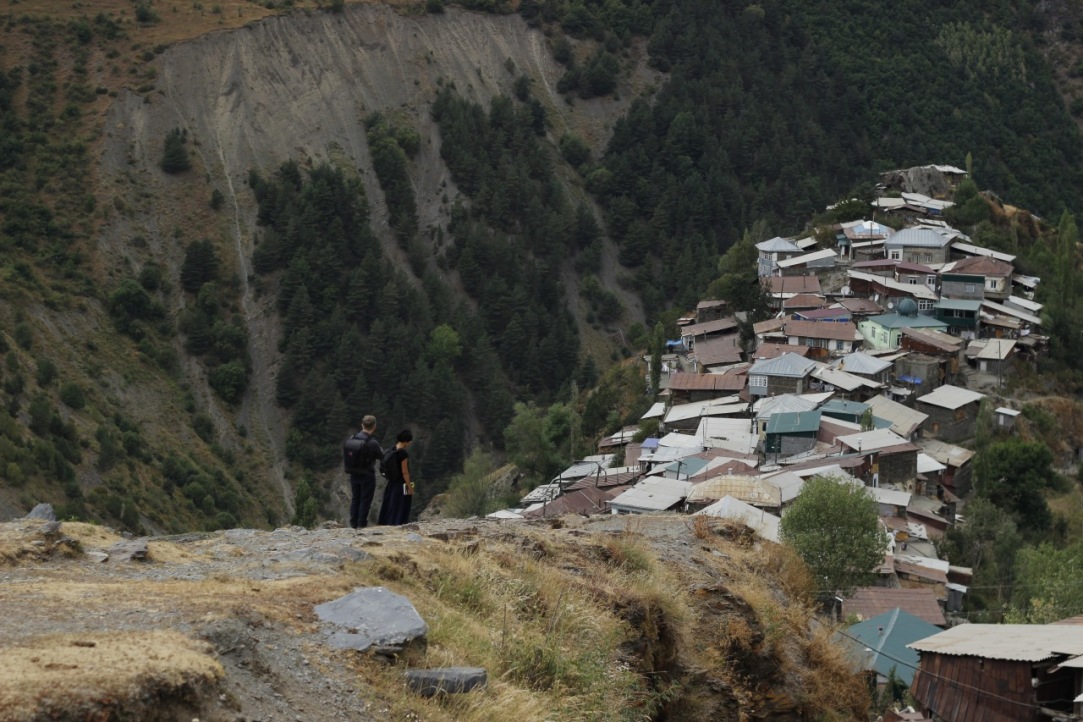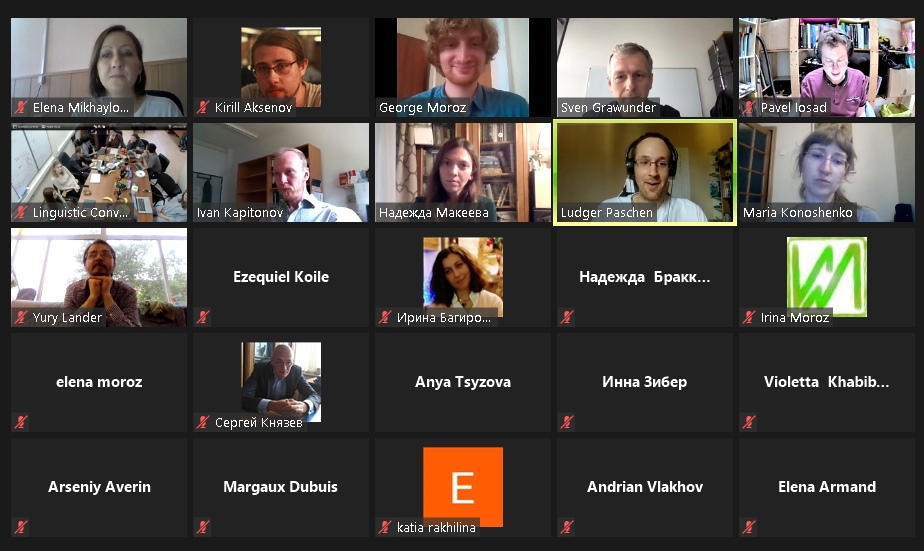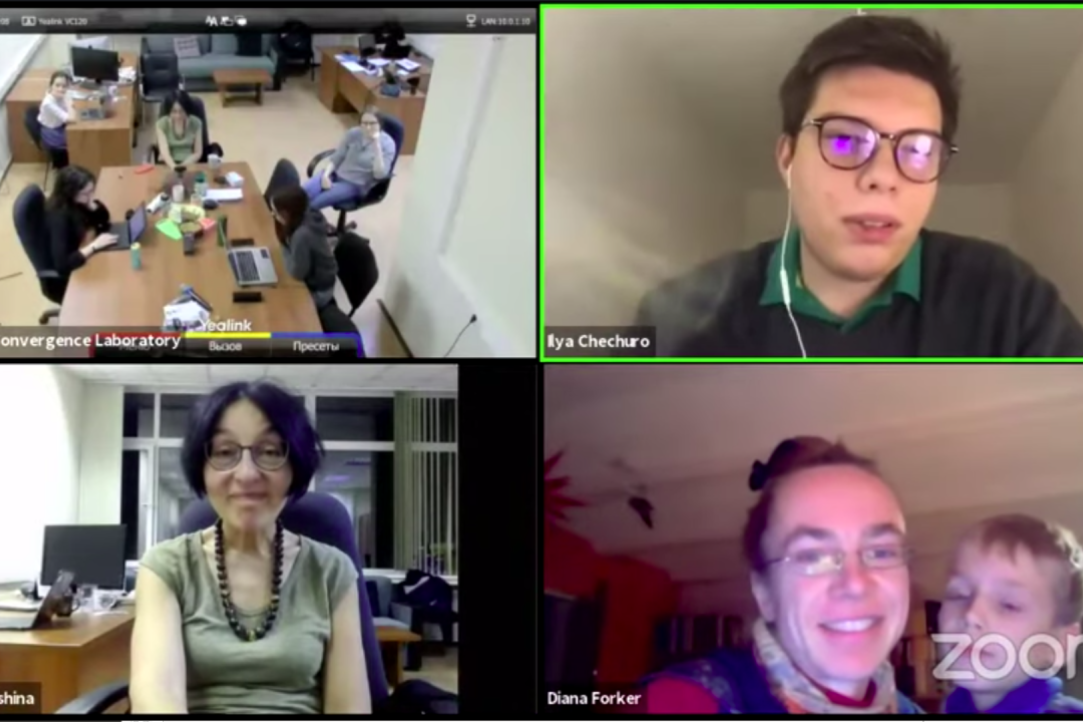
Second cycle of the online course on the East Caucasian languages by the Linguistic Convergence Laboratory
This fall the Linguistic Convergence Laboratory will organize a free online course on the East Caucasian (alias Nakh-Daghestanian) language family. The course will start on November 3.
.jpg)
Members of the Linguistic Convergence Laboratory published a paper in Language
In early October, members of the Linguistic Convergence Laboratory published a paper in Language . Language is the flagship journal of the Linguistic Society of America and one of the most respected general linguistics journals in the world; perhaps the most prestigious one. Since the journal’s launch in 1925, it has seen the publication of only two papers whose first author is a researcher affiliated with a Russian university or institute.

On September 16, 2021, we lost Alexandra Vydrina
On September 16, 2021, we lost Alexandra Vydrina, a gifted scholar, a dedicated Africanist, a remarkable personality and a friend.
The International Linguistic Convergence Laboratory has launched a new website with resources
One of the tasks of the International Linguistic Convergence Laboratory is the creation of new open electronic resources dedicated to the minor languages of Russia, Russian dialects and contact varieties of Russian speech. For more than four years, these resources have become so abundant that the laboratory had to acquire its own server and create a special website where all the resources are conveniently located.

George Moroz successfully defended his PhD thesis
George Moroz, research fellow of the Linguistic Convergence Laboratory, defended his PhD thesis entitled «Some Questions of Circassian Segmental and Suprasegmental Phonology and Phonetics».
Members of the Linguistic Convergence Laboratory participated in the webinar “Languages, Dialects and Isoglosses of Anatolia, the Caucasus and Iran”
The sixth session of the webinar “Languages, Dialects and Isoglosses of Anatolia, the Caucasus and Iran” hosted a talk by Chiara Naccarato, Samira Verhees, Michael Daniel and Timofey Mukhin.
.png)
The School of Linguistics hosted a series of lectures on the foundations of language evolution by the member of Linguistic Convergence Laboratory Damian Blasi
From February 4 to March 20, the School of Linguistics hosted a series of lectures on the foundations of language evolution. The course was read by Damian Blasi, the member of Linguistic Convergence Laboratory, an author and co-author of works on fundamental problems in creole linguistics, linguistic symbolism and the history of linguistic diversity. In his lectures Damian Blasi considered both the main aspects of the theory of the language evolution, as well as more narrow topics, such as the structure of animal communication systems and their differences from human language, the time of the speech appearance in humans, biological and genetic foundations of language ability, multilingualism, and models of linguistic evolution.

Members of the Linguistic Convergence Laboratory contributed chapters to new Oxford Handbook of Languages of the Caucasus
A new Oxford Handbook dedicated to the languages of the Caucasus appeared this month. It contains several contributions from members of the Linguistic Convergence Laboratory.

The Linguistic convergence laboratory conducted an online course on Nakh-Daghestanian languages in October - December 2020
The Linguistic convergence laboratory organized an open course in English about the main area of expertise of the laboratory - the languages of the Nakh-Daghestanian (also known as East Caucasian) language family.
.png)
The Linguistic Convergence Laboratory organized a joint seminar with the Max Planck Institute for Human History (Jena)
The seminar of the Linguistic Convergence Laboratory on November 10 was held in the format of a joint meeting with linguists from the Max Planck Institute for Human History (Jena). Damian Blasi made a report in which he presented his hypothesis regarding the dynamics of the number of languages since the early Holocene.
